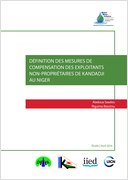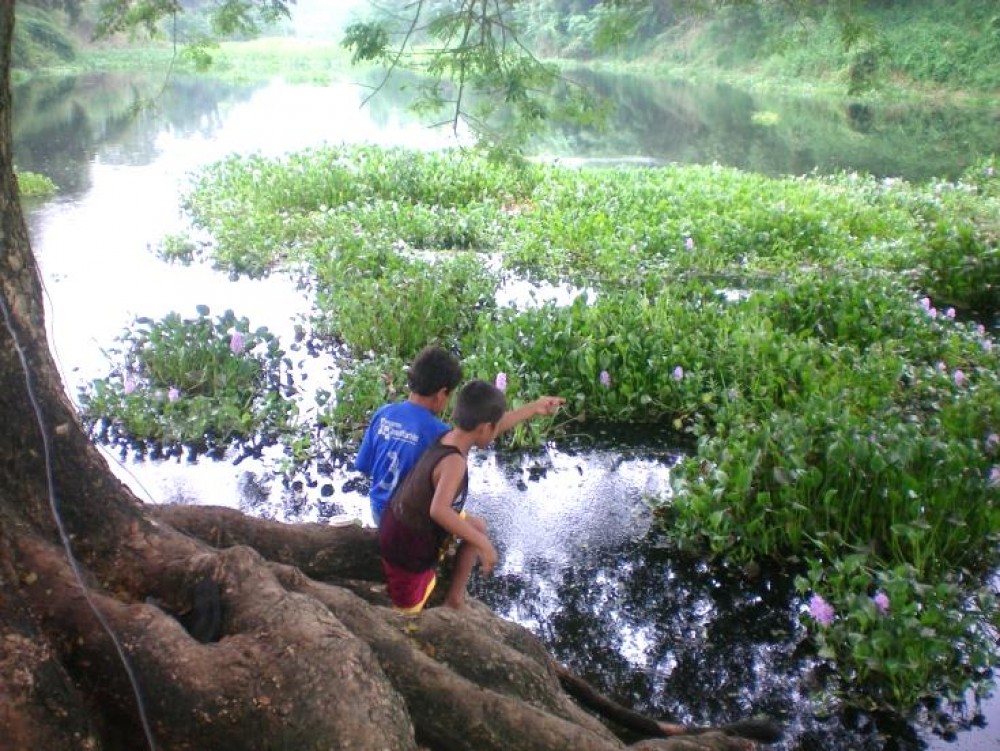Loi nº 85-09 relative à l'expropriation pour cause d'utilité publique et aux modalités d'indemnisation.
Cette loi porte réglementation de l'expropriation pour cause d'utilité publique et des modalités d'indemnisation. Elle comprend 16 articles répartis en 4 chapitres. La loi indique les cas où peut avoir lieu l'expropriation et quelle est la procedure à suivre, ainsi que les critères à observer pour établir l'indemnisation et pour règler les contentieux eventuels dus aux contestations de ces indemnités.







